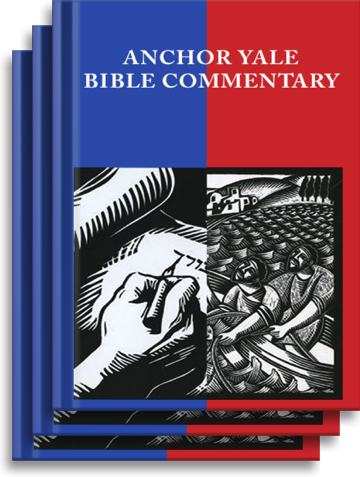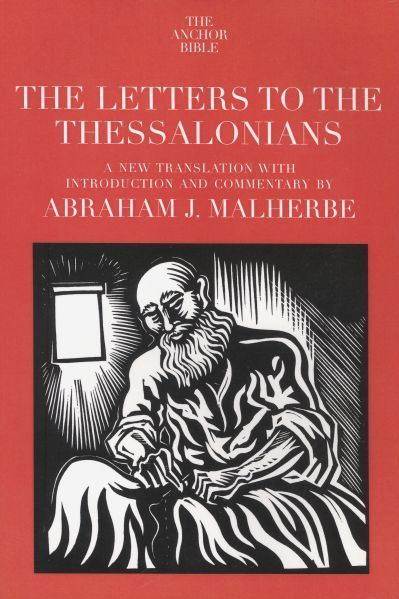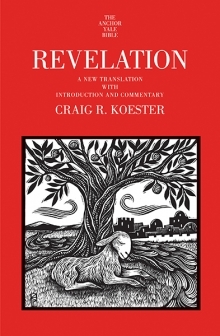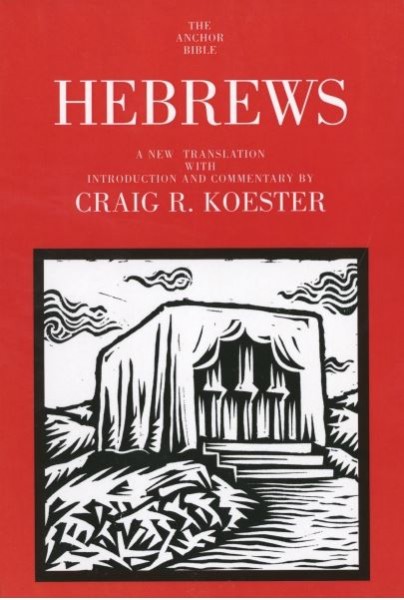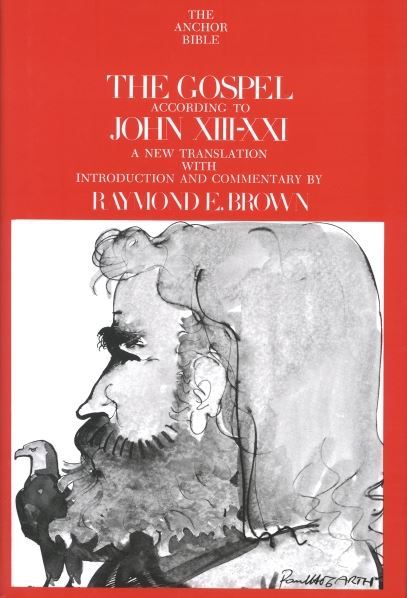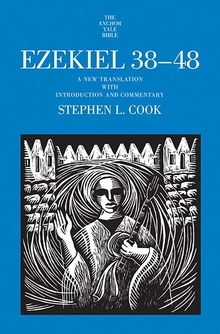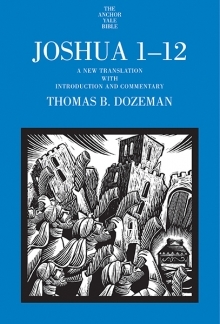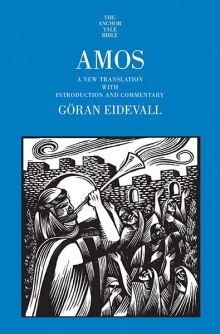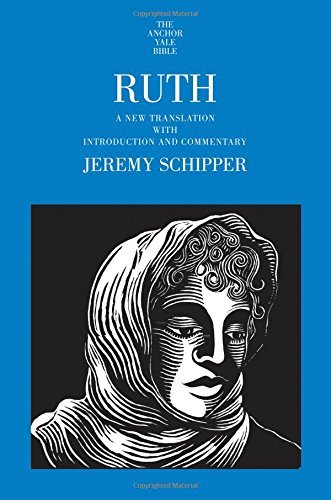



This new translation of First Corinthians includes an introduction and extensive commentary that has been composed to explain the religious meaning of this Pauline epistle. Joseph Fitzmyer discusses all the usual introductory problems associated with the epistle, including issues of its authorship, time of composition, and purpose, and he also presents a complete outline.
The author analyzes the epistle, pericope by pericope, discussing the meaning of each one in a comment and explaining details in the notes. The book supplies a bibliography on the various passages and problems for readers who wish to investigate further, and useful indexes complete the volume. First Corinthians will be of interest to general readers who wish to learn more about the Pauline letters, and also to pastors, college and university teachers, graduate students studying the Bible, and professors of Biblical studies.
Joseph A. Fitzmyer is a Jesuit priest and professor emeritus, Biblical Studies, The Catholic University of America, Washington, DC. He has edited and published numerous books on the New Testament, ancient Aramaic, and the Dead Sea Scrolls, and he has served as president of the Society of Biblical Literature, the Catholic Biblical Association, and the Society for New Testament Study. He lives in Washington, DC.
THE ANCHOR YALE BIBLE COMMENTARY SERIES is a project of international and interfaith scope in which Protestant, Catholic, and Jewish scholars from many countries contribute individual volumes. The project is not sponsored by any ecclesiastical organization and is not intended to reflect any particular theological doctrine.
The Anchor Yale Bible is committed to producing commentaries in the tradition established half a century ago by the founders of the series, William Foxwell Albright and David Noel Freedman. It aims to present the best contemporary scholarship in a way that is accessible not only to scholars but also to the educated nonspecialist. Its approach is grounded in exact translation of the ancient languages and an appreciation of the historical and cultural context in which the biblical books were written supplemented by insights from modern methods, such as sociological and literary criticism.
